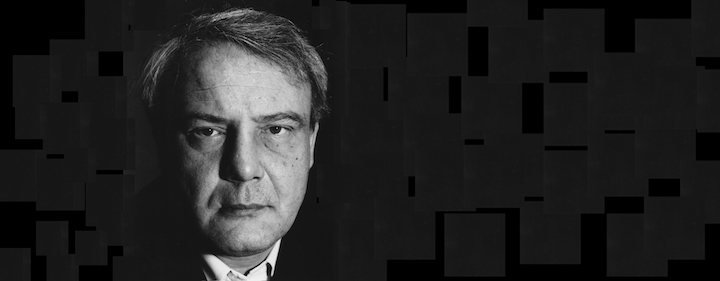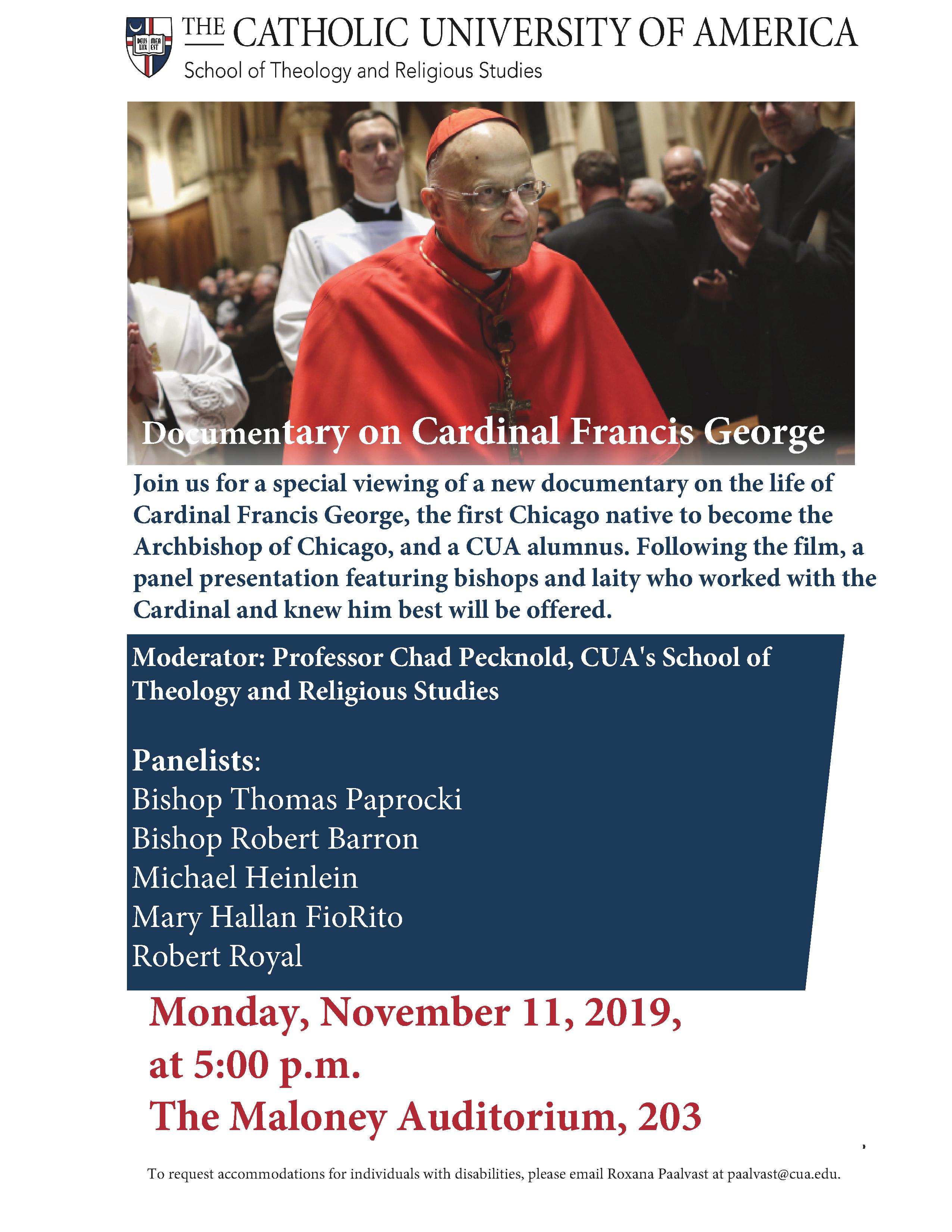Throughout his life, the great Soviet dissident Vladimir Bukovsky, who passed away last Sunday, along with legions of other less well-known heroes who have suffered under the murderous dictatorships of our times, proved that even totalitarian regimes cannot stamp out the human spirit, the moral longing for meaning in life.
I had the great luck to meet Vladimir Bukovsky in 2000, at a conference in Austria, where he told about the documents he had found when Russian Premier Boris Yeltsin allowed him to search the Kremlin Archives.
These documents were of monumental historic importance: they showed that the leadership of the European Union had been carefully infiltrated by the KGB, at the orders of Gorbachev. Yet incredibly enough, now that the Cold War was suddenly all over, the West seemed to have lost all interest.
It was as if the sudden and inexplicable demolition of the Berlin Wall had created a massive cognitive dissonance that led from the realization that there was no longer any need for nuclear defense to the impression that there was no longer any need to strive for a cultural defense either.
Fortunately, what Vladimir had gone through in his life had made him battle-hardened; he had remained perfectly impassive, as he illustrated the perfect “coincidences” between the structure of the old Communist Moscow and the institutions in Brussels.
After that, I had several opportunities to meet him again at events organized by the Freedom Committees /Comitatus pro-libertatibus, of which he was the International President.
On one of these occasions, in Assisi, he told me something interesting about himself that I don’t think many people know: Vladimir Bukovsky had been baptized.
Born after the demolition of the churches and the physical, psychological, and moral demolition of its priests, Bukovsky had been raised under the rigors of Joseph Stalin, when he happened to be baptized, as he told me, out of a need to rebel.
He was sixteen when one day his mother, who worked for Radio Moscow, came home in dejection, saying she had been told she had to become a card-carrying member of the Communist Party. This was supposed to be a great honor, to be singled out for membership – in the USSR you didn’t just sign up, you had to be chosen – and it was an offer you refused at your own risk.

Her son, who was already engaged with his peers in the moral resistance, which he wrote about in his book To Build a Castle, was enraged. He cast about trying to think of the most dramatic thing he could possibly say to stop her, stammering “If you do this, I’ll . . .I’ll. . .” until he finally lashed out with: “I’ll get baptized!”
Getting baptized in Soviet Russia was a daring proposition, a very dangerous step. For decades since the Communist Revolution, the Bolsheviks had done everything they could to extinguish Russian religiosity: not only had priests and nuns been tortured and massacred by the thousands, but the churches, cathedrals, and sanctuaries had been torn down, and the bodies of dead priests and nuns exhumed and exposed in an effort to prove that after death there was no resurrection but only rotting bones.
When his mother was compelled to proceed nonetheless, sure enough Vladimir went out in search of a priest to baptize him. This proved to be easier said than done, in the light of the great risk that administering the sacraments entailed. In the end, he did find a priest who was willing to do it, in a remote corner of the countryside.
Being the serious young man that he was, after the baptism he asked to be instructed in his new religion. The priest gave him a Bible, which he set out to read quite diligently, starting from Genesis. But without a guide or any explanation, the text appeared to him confusing, archaic, and disappointing. And that was the end of that.
But Bukovsky had the fabric of a believer in him, and his arguments showed that he had always continued to think about it.
“If Christ died to save me, why did no one ever tell me about it?” he challenged me one day.
“Well, what about now, am I not talking to you about it now?” At this he smiled vaguely, which was a lot, because although he had a great sense of humor, smiles did not come easily to him.
Then he came back with: “The apostles, the people he chose, they all abandoned him. Didn’t he realize who he was picking?“ My answer: “Yes, at the foot of the Cross there was only one of them, but afterwards all of them died a martyr’s death!” He liked this answer very much. He was glad not to be able to demolish Christ; he had always succeeded in demolishing the powerful hypocrites he had faced off with all of his life. Not materially, not physically, but morally.
It is a poignant irony that Vladimir Bukovsky should have died but ten days before the 30th anniversary (November 9) of the fall of the Berlin Wall, a date which has faded from the memory of most of the West, but which he planned to turn into an opportunity to focus on the unfinished business of calling communism to account. His final book Judgment in Moscow, published at last, in English, i.e., the universal language of today, is only a beginning of a reckoning with the anti-Christian, anti-human, murderous ideology of Marxism, which still attracts many of the unwary, even in the churches, today.

*Image: VladimirBukovsky.com
















